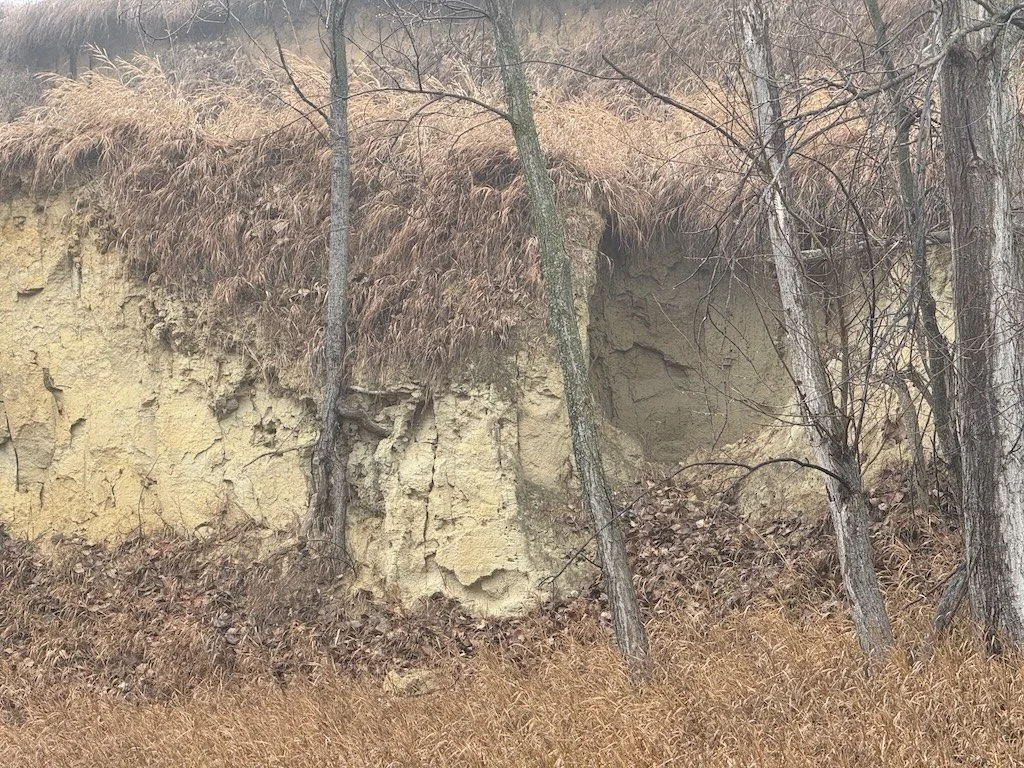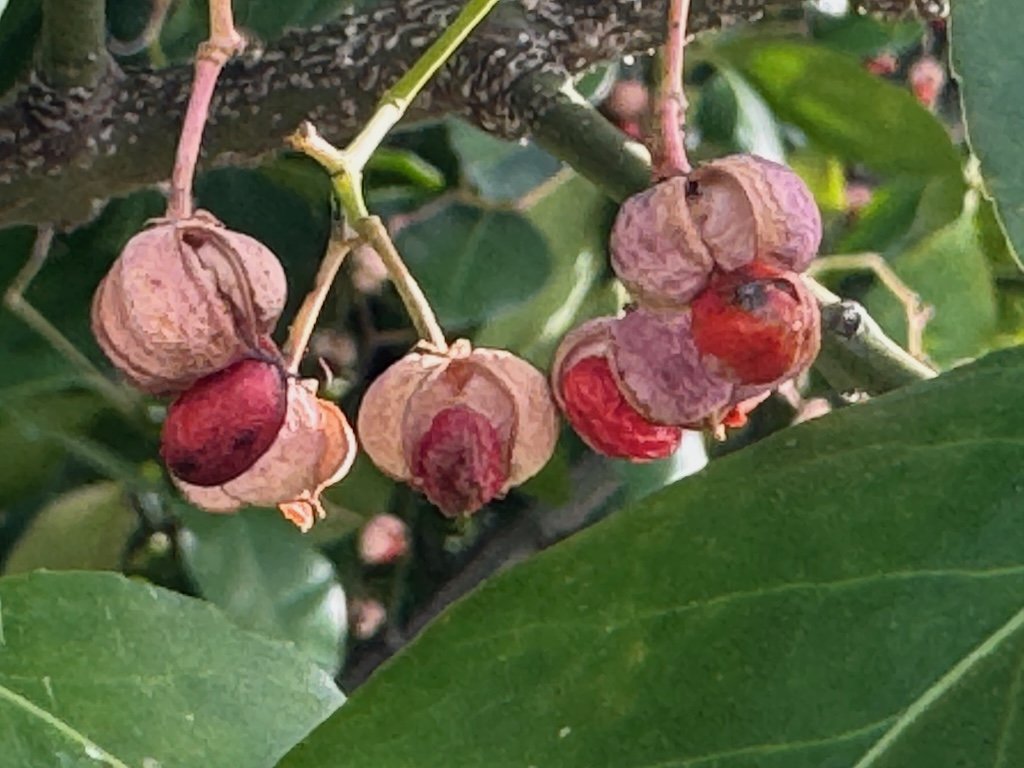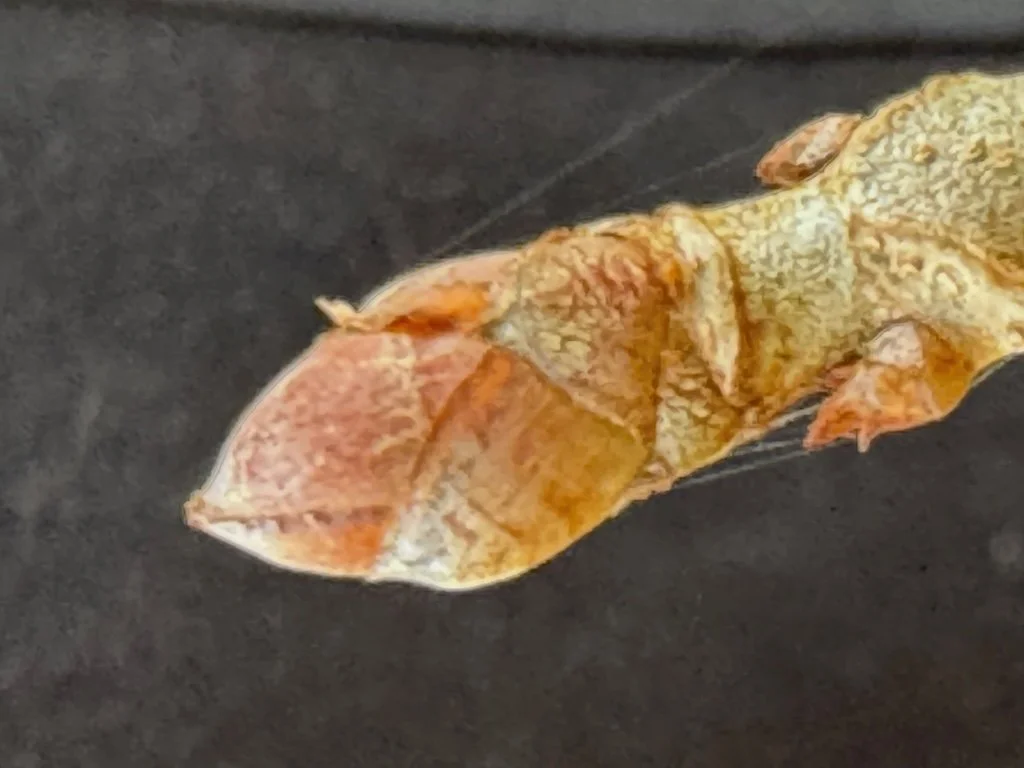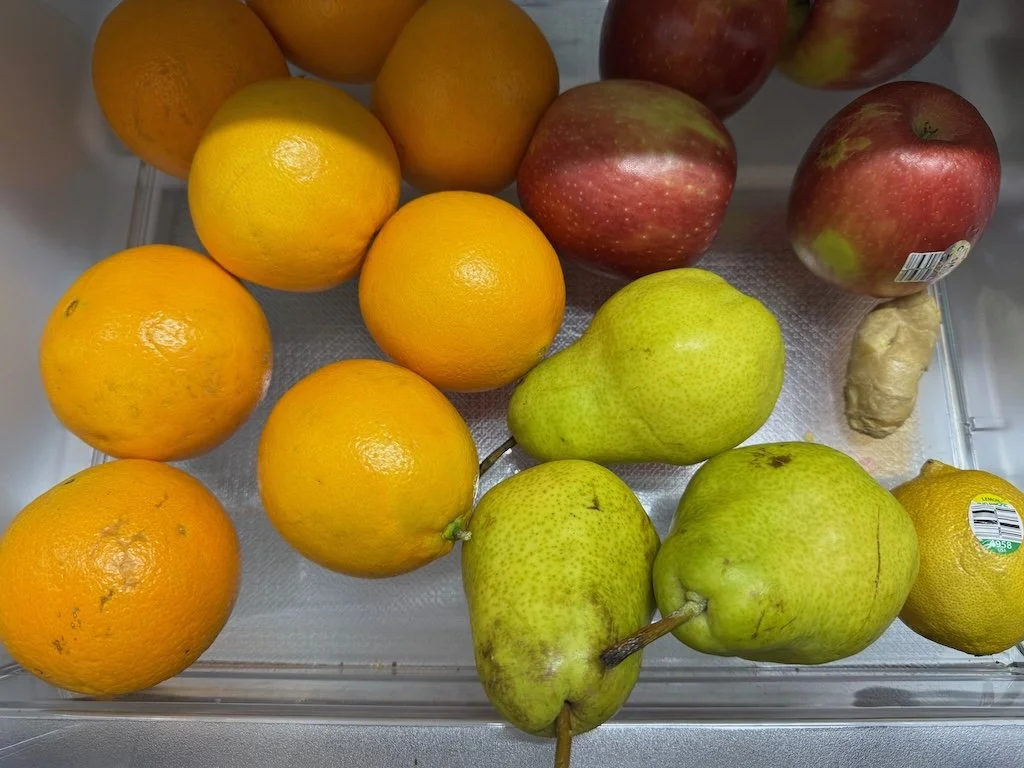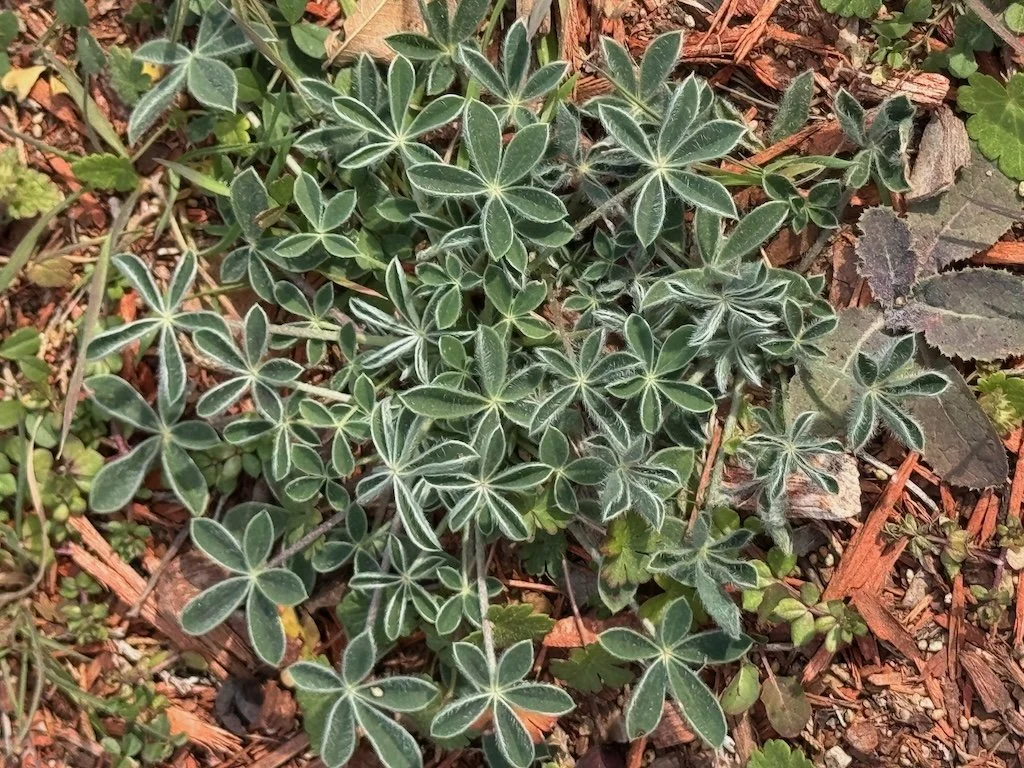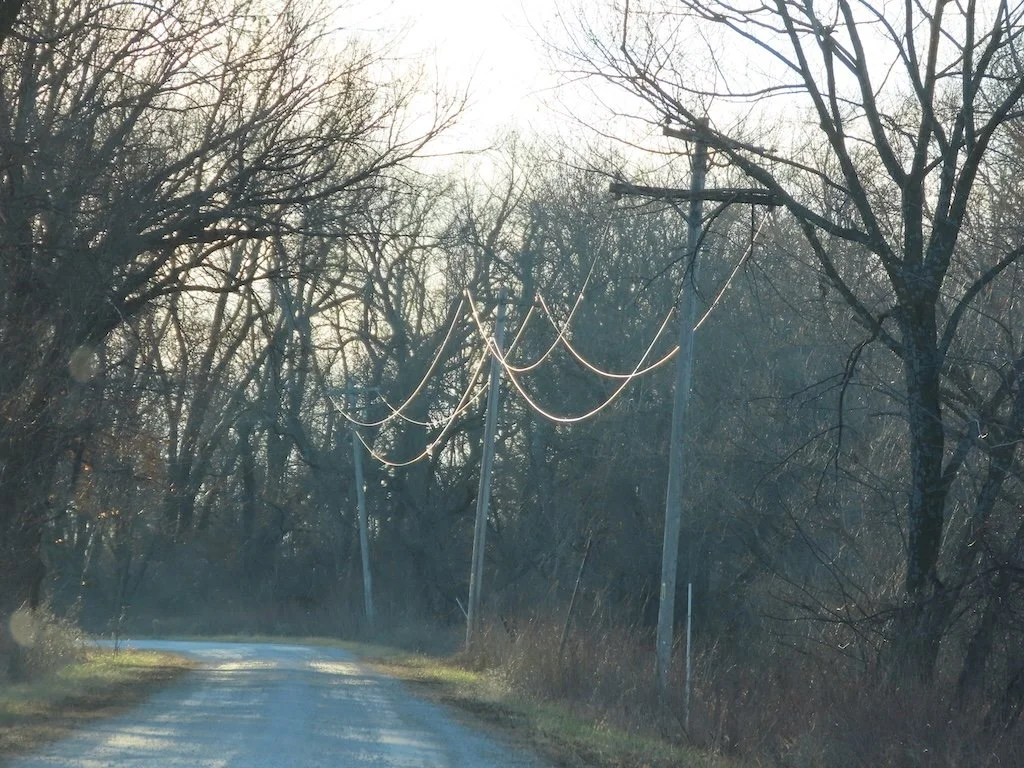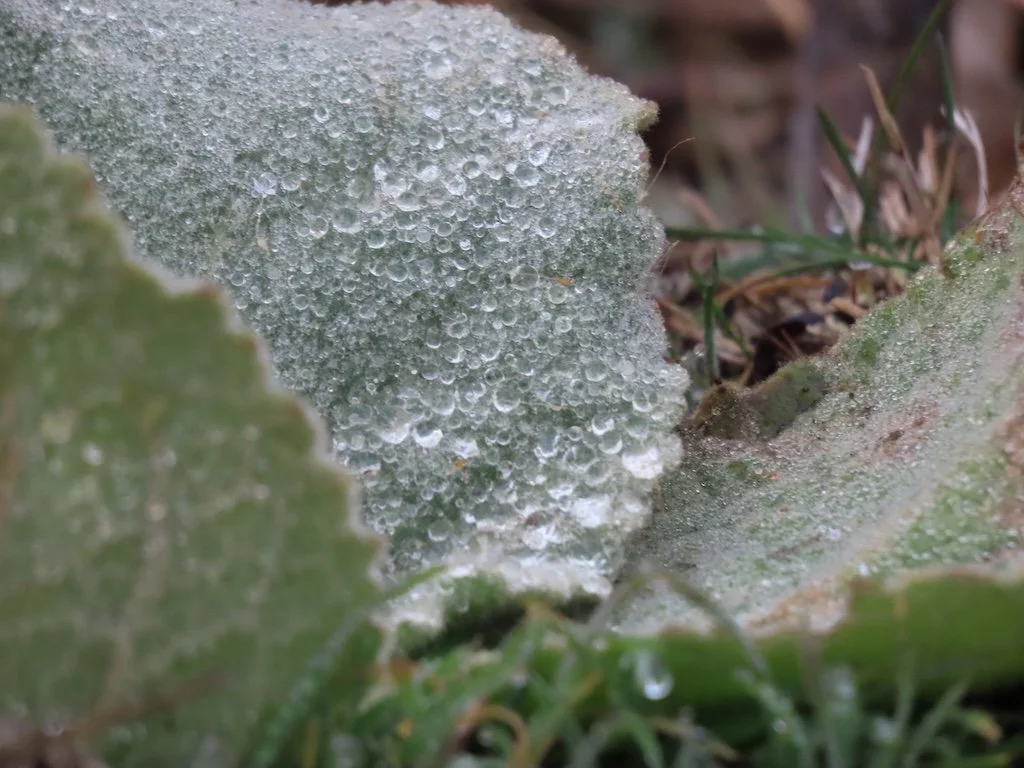Gleanings of the Week Ending June 4, 2016
/The items below were ‘the cream’ of the articles and websites I found this past week. Click on the light green text to look at the article.
Exposure to chemicals in plastic and fungicides may irreversibly weaken children’s teeth – Another reason to pay close attention to Bisphenol A (BPA) and Vinclozolin in diets of children. Based on this study – this is not something that fluoride treatments or supplements would overcome.
Identifying Wildflowers: part one, part two, part three, part four – From Elizabeth’s Wildflower Blog. This series include a lot of practical advice for identifying wildflowers in the field (and confirming after you get home). I’ve been following Elizabeth’s blog since I was in Master Naturalist class with her --- learning about wildflowers.
Language of Women versus men – An analysis of language in Facebook messages shows that women use language that is warmer and more agreeable than men. The graphic associated with the study is worth a look.
Mysterious Cave Rings show Neanderthals liked to build – And more than 1,000 feet into the cave where it would have been very dark.
Kazakhstan’s treasure trove of wildly-flavored apples – Forests where apple trees are the predominant species!
Tidal Troubles in the Mid-Atlantic – A place where the sea level is rising at a much faster rate than almost anywhere in the US (except parts of Louisiana and South Florida)…and an explanation that goes back to the last ice age which left the area with a ‘fore-bulge’ – so the land is sinking from that then the ocean is rising too! The net is a predicted sea level rise of 3 feet around much of the Mid-Atlantic by 2100.
Three perfectly blue days at Crater Lake National Park – I haven’t been to this national park – yet. This is an article to look at again when I finally get around to planning the trip.
Swarms of Octopus are taking over the oceans – Cephalopods as ‘weeds of the sea’!
The Cactus Smuggler: Are Desert Plants Being Loved to Extinction? – Not a good trend and very difficult to change.
Low-salt diets may not be beneficial after all – Evidently the prior recommendation for low-salt diets was not based on data – the old recommendation was ‘popular thought’ rather than based on objective evidence! High-salt is still bad….but average (between 3 and 4 grams per day) is best!


